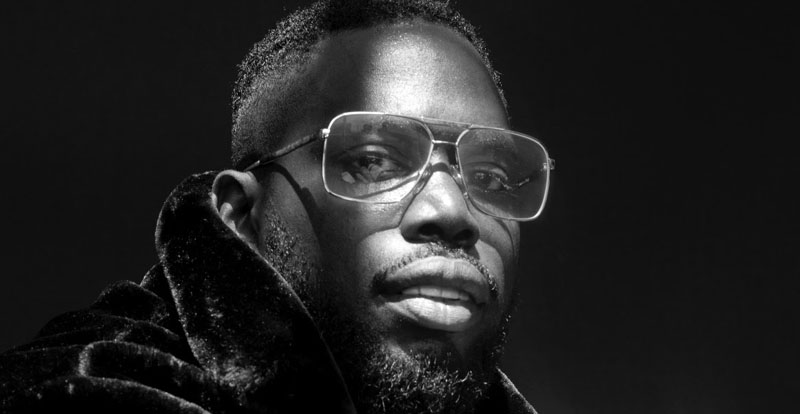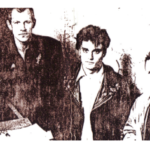“Having had a slow, steady build is the best.” says Ghetts. “The actual best. Having a cult following means that if someone says something good to me, I can know they mean it. I’ve never been that guy that’s hyped. So when someone has decided that I’m the best, they’re using their own frame of influence and came to this conclusion. I’ve never been pushed on anyone in this industry. I’ve always been around artists that are bigger than me. So when you come to this conclusion – and that’s what my fanbase is doing – that makes me smile. Because I know that is just as pure as it can get.”
Ghetts’s articulate and upbeat assessment of his position is about as perfect a summation of his position in UK music as you could ask for. This is a rapper who came through in the first wave of grime, and has consistently earned the undying respect of his peers and hardcore fans – but who has also exhibited strategic brilliance and hard graft throughout his career, relying consistently on wit and talent over the vagaries of fashion, bringing him to a point today where he is not only making some of the best music of his life, but personally is in a position of acceptance and acute self-knowledge. All of which is expressed in Ghetto Gospel: The New Testament a record that has lost none of the darkness or ferocious competitiveness of grassroots grime, but at the same time is able to be full of complexity, finesse and wisdom.
Justin Clarke was born and grew up in East London: Plaistow in the borough of Newham to be precise. His parents were both Caribbean, and devout churchgoers. “I come from good stock,” he says, “I don’t feel I had it harder or easier than anyone else, but I had stability.” He grew up with music in the background – his mum played gospel and his dad was “a jazzman”, both as a fan and a keyboard player – but it was US rap that first grabbed him. At first it was whatever was popping off in the charts and on TV in the mid 90s: he remembers not seeing much difference between Will Smith and Tupac Shakur. But quickly he realised there was something different about Tupac, and from there got into Biggie, Lox (aka D Block), Nas, Jay-Z: all the most lyrical artists of the era. From there, older friends and relations would introduce him to more and he worked his way backwards through the greats: Wu-Tang Clan, Eric B & Rakim and so on.
And, though Ghetts’s back story is impressive and his reputation well earned, Ghetto Gospel: The New Testament speaks for itself. Sometimes it’s philosophical, as where he’s questioning the world his daughter is growing up into (“Black Rose”), or taking a movie director’s role and looking at the violence of London’s streets via multiple angles and roles (“Next of Kin”). Other times it’s straight-up confrontational grime, an expression of the energy that crackles through those very streets. “I can see it from all sides now,” Ghetts says, explaining that he can both understand the fears and insecurities that underlie rap bravado, and still celebrate its power and directness. Just check out the absolutely extraordinary “Preach”, with Ghetts both hollering his heart out and delivering ultra-technical verses over gospel pianos, sounding for all the world like an East End Outkast: it’s a track full of hard-won wisdom and undiluted street ebullience.
30th January – London, Islington Assembly Hall
31st January – London, Islington Assembly Hall
3rd February – Birmingham, O2 Academy
4th February – Manchester, Gorilla
5th February – Bristol, Thekla








